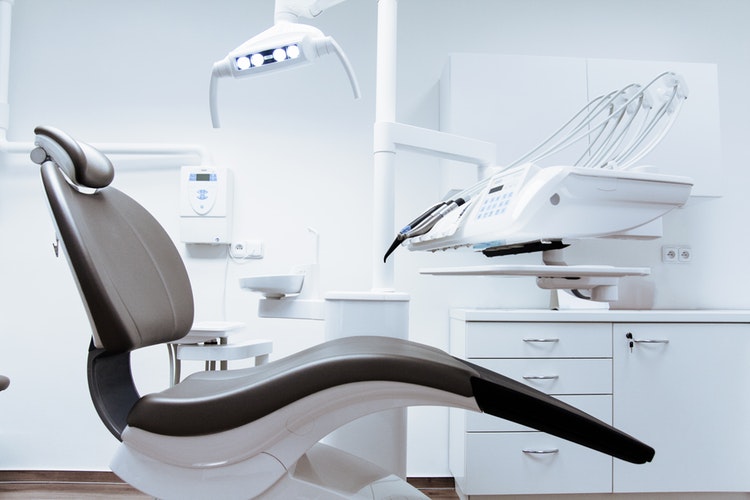Updated: April 19, 2022 // Originally Published: May 13, 2019
The health of your teeth and gums and the choices you make in your dental care has everything to do with your overall healthtarget.
What is Functional Dentistry, and why is it important?
Functional dentistry takes the time not just to treat pathology with repair, but to also look for the etiology of and suggest changes that will help optimize a patient’s health.
Functional Dentistry vs. Conventional Dentistry
Like conventional dentists, those practicing functional dentistry attended dental school and had the same educational training. They also use X-rays and dental exams to diagnose problems.
The differences between the two disciplines are most evident in the treatment process.
Conventional dentistry focuses more on brushing, flossing, using mouthwash, and visiting a dentist twice per year for cleanings.
Functional dentists examine the eating and lifestyle habits of their patients to uncover the root cause of any issues and to determine the best solution.
A traditional dentist is less likely to inform you that dental treatments like root canals and amalgam fillings have been linked to chronic illnesses. In contrast, a functional dentist will avoid these procedures and other toxic materials and practices to heal your teeth.
How to find a Functional Dentist?
Finding a Functional Dentist can be challenging because there are very few, if any, organizations that provide a thorough database. Using search terms such as “holistic dentistry” or “biological dentistry” should get you in the right direction.
Before making an appointment with a new dentist, you should put together a list of questions to make sure its the right fit.
Some important questions to ask include:
- Are you mercury safe or mercury-free in your dental office?
- What are your dental procedures for removing mercury fillings?
- What alternatives to root canals do you offer?
- Do you avoid the use of fluoride?
- Do you use digital x-rays instead of film?
- Do you offer alternatives to metal implants?
- Do you offer ozone treatments?
- Do you have a CT scanner to check the health of my root canal teeth or to see if my jawbone is strong enough for an implant?
- Does your office offer alternatives to antibiotics or nontoxic alternatives to pain medication?
- Does your office offer alternatives to drill-based oral cavity treatment?
Final thoughts
What you do at home to care for your teeth might be even more important than what goes on in the dentist’s chair. Functional dentistry, like functional medicine, takes a proactive approach to health and wellness. By adopting the proper diet, lifestyle, and hygiene practices, many common dental issues like cavities, bad breath, and gum disease can be avoided.
Our Latest Blogs
-

Student Spotlight: Debra Lewis
Read Full Article: Student Spotlight: Debra Lewis -

DTC Lab Testing Summit: From Results to Lifestyle Change
Read Full Article: DTC Lab Testing Summit: From Results to Lifestyle Change -

Enabling Predictive Health through Multi-Omic Analysis
Read Full Article: Enabling Predictive Health through Multi-Omic Analysis

